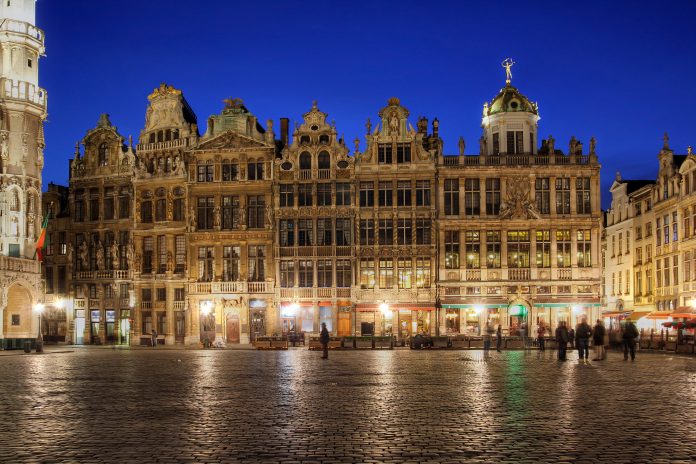Anna Lisa Boni, Secretary General, EUROCITIES argues that cities are partners in a common future for Europe
European Union (EU) leaders are busy making plans. We have ‘a new strategic agenda’ until 2024, new MEPs sitting in the European Parliament, a new European Commission college that offers gender parity and ongoing discussions on possible new portfolios and areas of work.
I’m also pleased to see the first-ever woman taking on the job of European Commission President, which is certainly a positive change.
Meanwhile, the EU has essential promises it must keep. The Paris Climate Agreement for one. We cannot impinge the health and prosperity of future generations when we have, in our hands, the knowledge and capability, to do otherwise.
Existing challenges must similarly be tackled. With one in four Europeans at risk of poverty or social exclusion, it is now more important than ever to ensure social rights for all people and preserve social cohesion.
There are many other issues facing Europe, including those rising up the agenda such as security. In order to deliver on the majority of these agendas, European and national leaders must be prepared to work closely with city administrations, where most people live.
Europe depends on is cities
Local authorities are responsible for the implementation of more than 70% of EU rules. From finding housing for refugees to meeting climate change targets, we make the EU a reality for people every day. It’s clear that the future of Europe depends on how it engages with its cities.
Cities across Europe are committed to transition to a greener, more sustainable and inclusive future by working with citizens and collaborating in partnerships. We ask European leaders to work with us to adopt and implement the vision of a carbon-neutral Europe by 2050. This should include policies directed towards cleaner and fewer vehicles on our streets, investment in public transport networks, support to scale-up energy transition in urban areas and a decisive move towards a circular economy.
Cities ability to manage the digital transformation and optimise the use of new technologies is vital for a more inclusive, efficient and fair Europe. European leaders should work with us to boost the digital transformation across the EU by supporting cities’ efforts to develop, test and scale-up digital solutions that help provide better public services, while also empowering people to participate and benefit.
Cities are taking the lead in the fight against poverty and social exclusion across Europe. We need a fairer, more equal and inclusive Europe that puts people at its centre. EUROCITIES new initiative ‘Inclusive cities for all: Social rights in my city’ takes the spirit of the European Pillar of Social Rights to deliver concrete actions on the ground. This includes financial pledges from cities, showing that the local level is ready to engage with other levels of government to create a future that leaves no one behind.
A future that works for people
Through EUROCITIES ‘city leaders agenda for Europe’, we are asking European and national leaders to work with cities as partners to bridge the gap between Europe and its citizens. Together we can build an ambitious agenda for Europe that works for its cities and people.
While significant achievements in recent years, such as establishing an urban agenda for the EU, show the growing role of cities in EU decision making, more can be done.
To strengthen leadership on urban matters in the EU, we need high level recognition of the importance of urban affairs in the European Commission to ensure an ongoing dialogue with city leaders, strategic direction and stronger coordination of EU policies for cities.
The future success of EU-urban cooperation would further benefit from the secretariat general taking the leading role in overseeing the Commission’s engagement in the urban agenda. This would better reflect the cross-sectoral approach to policymaking adopted by city administrations.
The more that EU leaders and other levels of government are willing to engage directly with city leaders, the more policy at all levels will create results that matter for people. Working with cities means working with people.
EUROCITIES is the political platform for major European cities. We network the local governments of over 140 of Europe’s largest cities and more than 40 partner cities that between them govern some 130 million citizens across 39 countries: www.eurocities.eu




![Europe’s housing crisis: A fundamental social right under pressure Run-down appartment building in southeast Europe set before a moody evening sky. High dynamic range photo. Please see my related collections... [url=search/lightbox/7431206][img]http://i161.photobucket.com/albums/t218/dave9296/Lightbox_Vetta.jpg[/img][/url]](https://www.openaccessgovernment.org/wp-content/uploads/2025/04/iStock-108309610-218x150.jpg)






